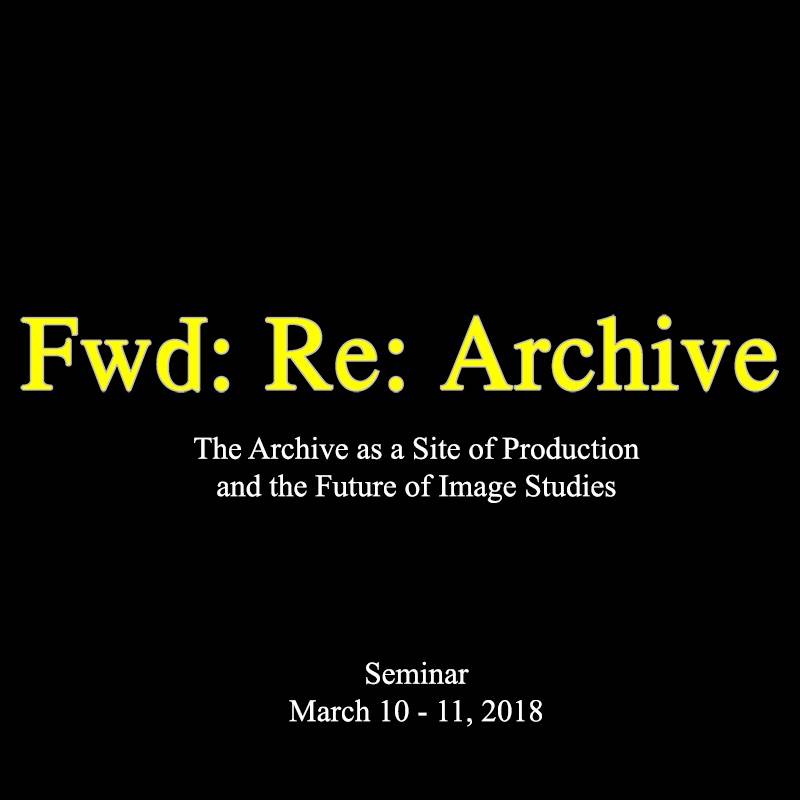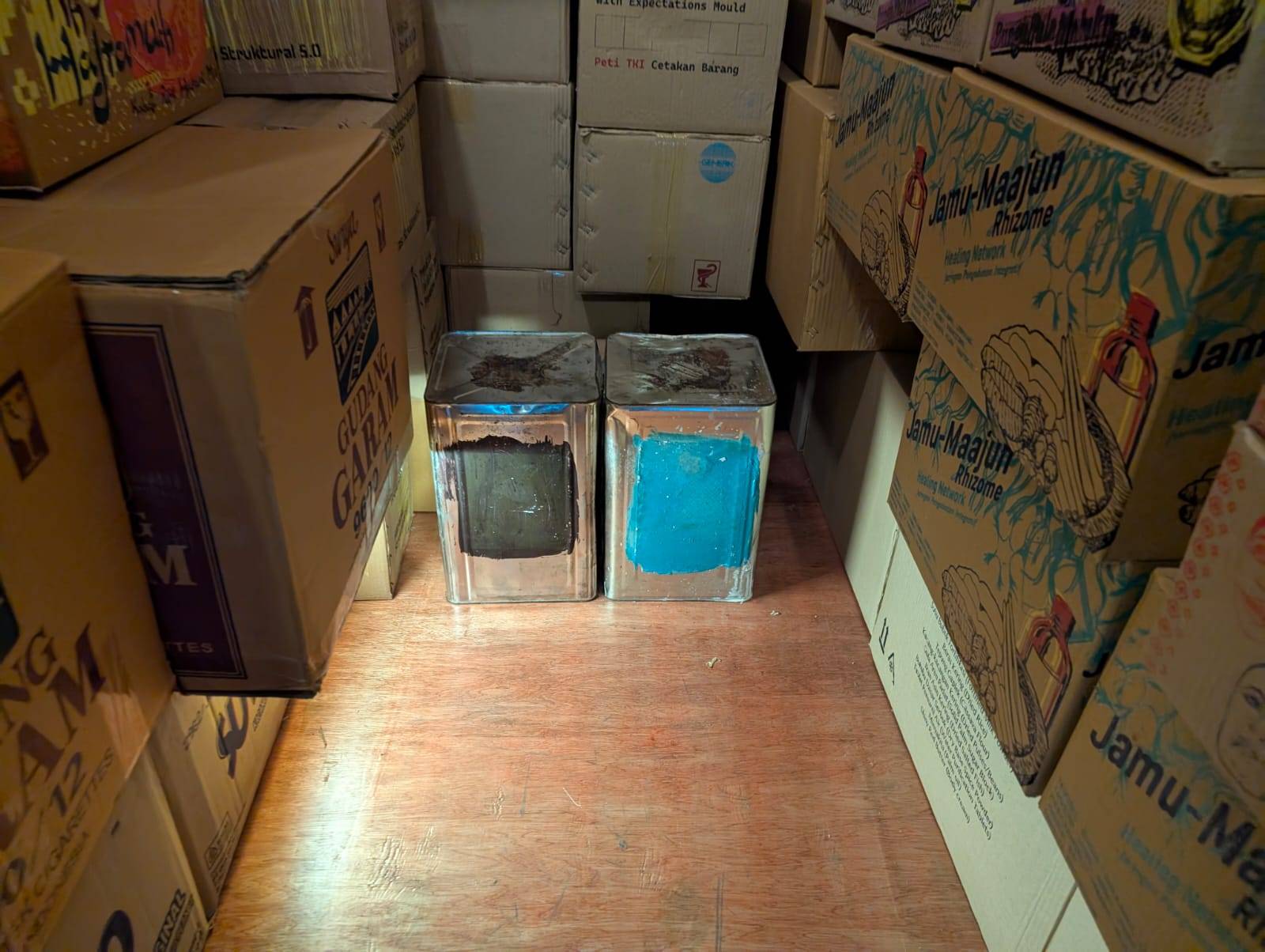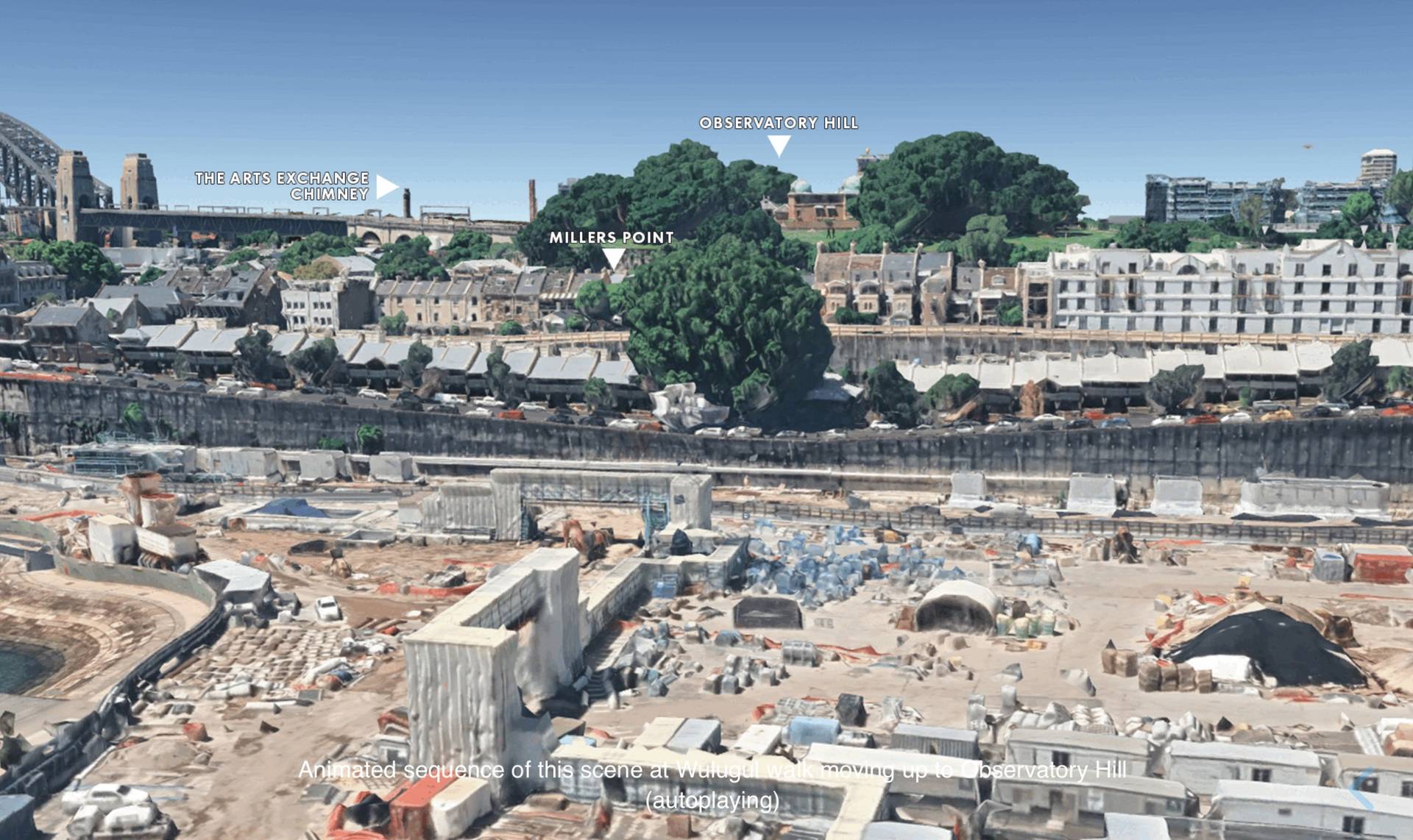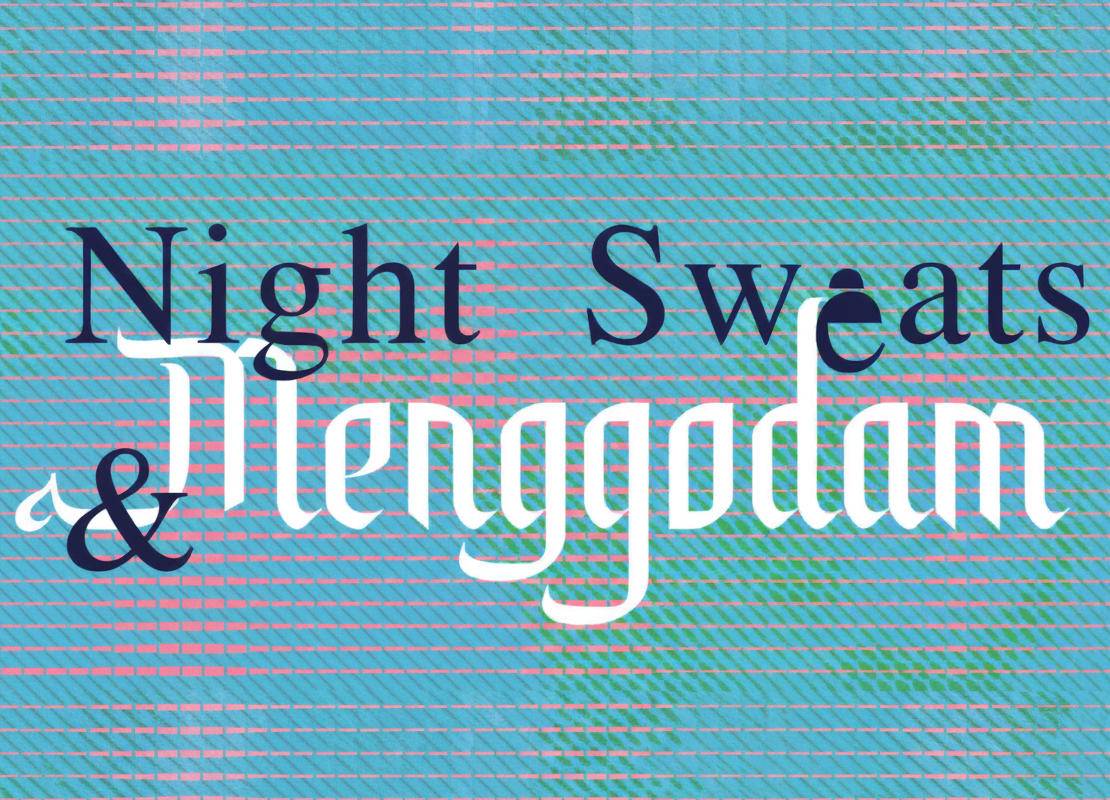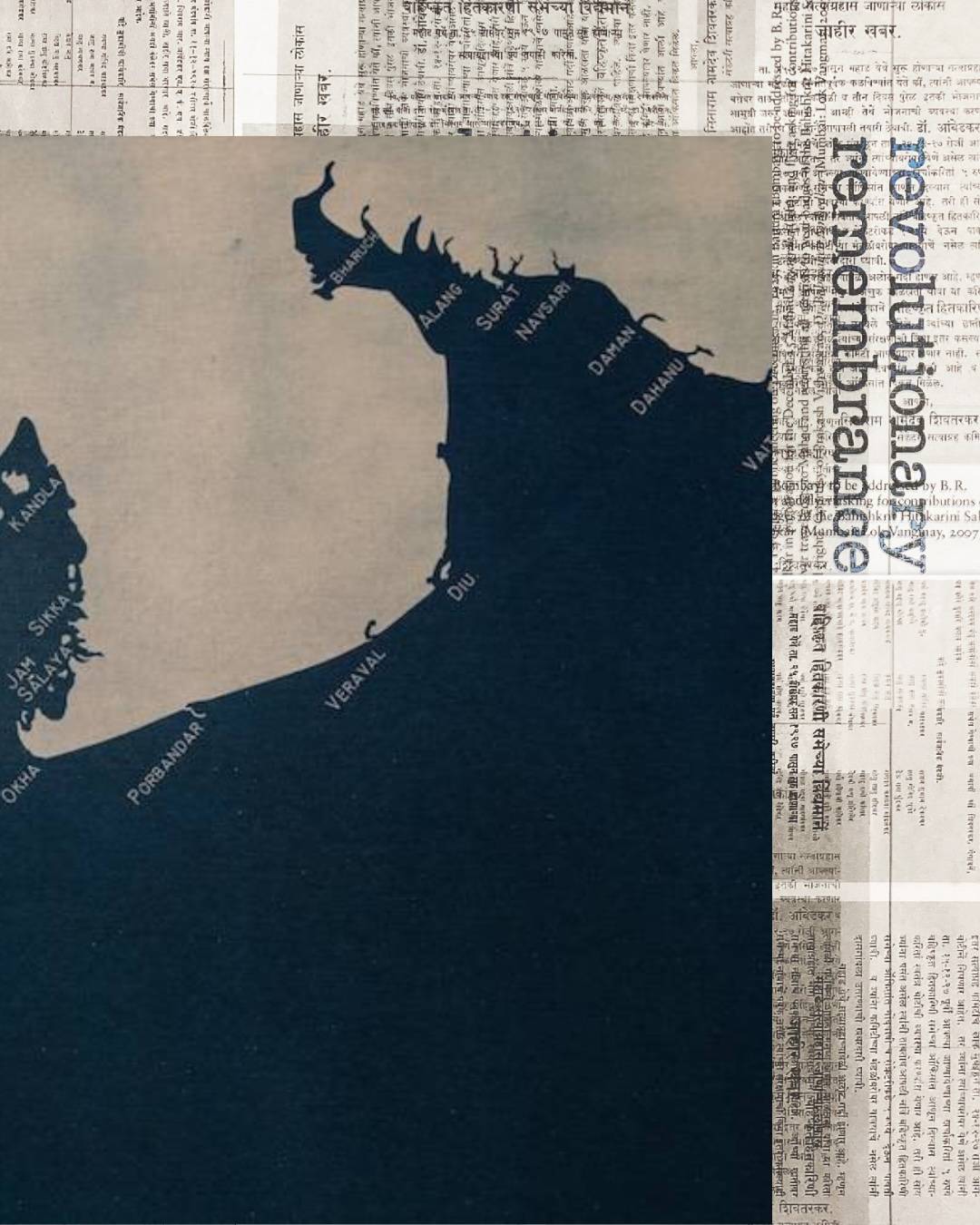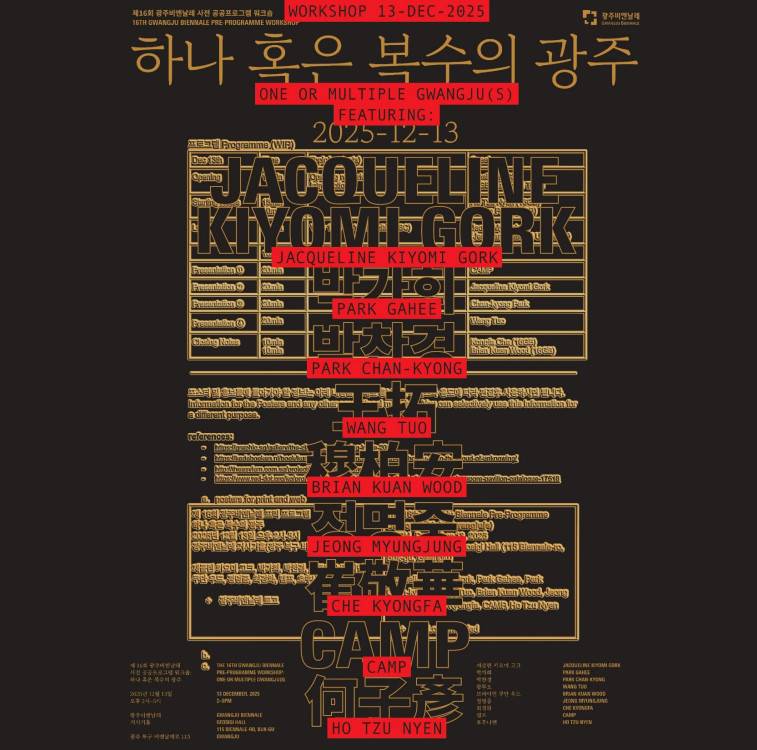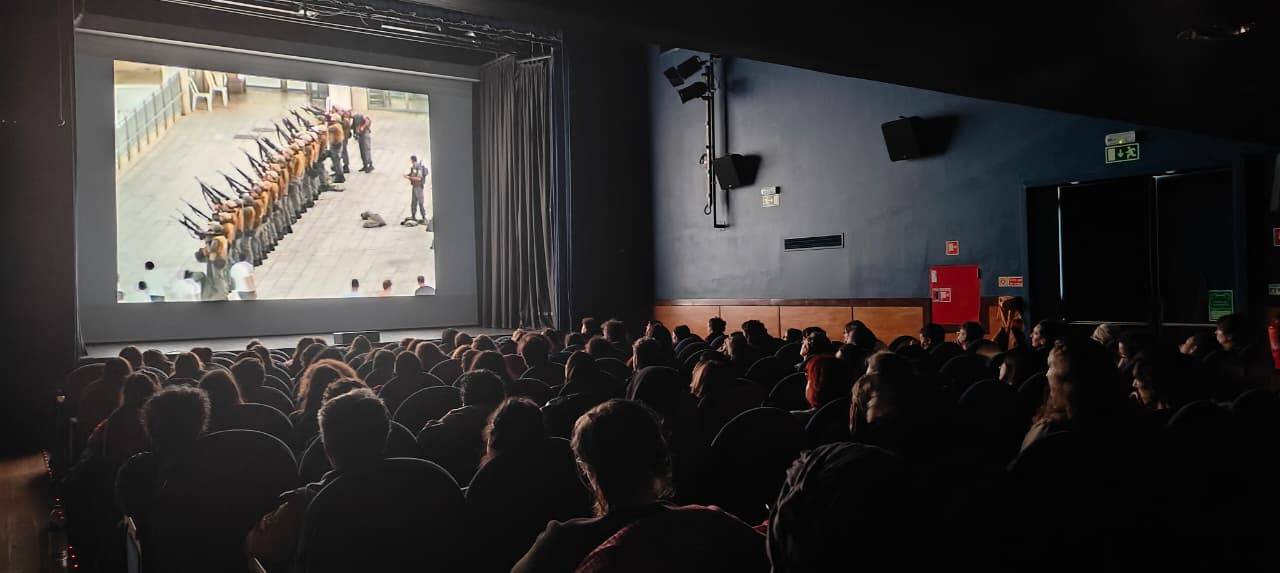
Working In and Out of the Archive
April 10, 2014 - April 26, 2014
With Reena Katz Jesal Kapadia and Brian McCarthy, and Naeem Mohaiemen
in collaboration with http://pad.ma
At TPW Gallery R&D, Toronto
Images Festival
10-26 April, 2014
<style type="text/css">A:link { }</style>
Working In and Out of the Archive
Pad.ma is a web-based video platform that offers a practical technical and legal framework through which video footage can be shared, cited and reused. Pad.ma proposes that film and video "production" can be thought of in an expanded way. For example, by a filmmaker publishing video that is not a film, a researcher probing documentary images, a film editor organizing footage using the archive, a writer commenting on one or many video pieces, an artist working online, or an institution offering archives for public use. Pad.ma was launched publicly in 2008, and is a collaboration between CAMP, Alternative Law Forum and 0x2620.org. In 2013 this group also launched http://indiancine.ma, which aims to act as an online encyclopedia for Indian cinema.
As a means of exploration – looking at its contents, structures, and possibilities – Gallery TPW and Images Festival invited a group of artists to respond to Pad.ma. Working In and Out of the Archive presents the results of these commissioned explorations, with contributions by Jesal Kapadia & Brian McCarthy, Reena Katz, and Naeem Mohaiemen, along with Shaina Anand, Ashok Sukumaran, Zinnia Ambapardiwala and Jan Gerber of Pad.ma.
Contributions
Notes for a Non-Capitalist Cinema
Jesal Kapadia and Brian McCarthy
In the face of capitalist responses to environmental and economic crisis, in which the notion of “property” is often expanded or intensified – whether as territorial enclosure, forced extraction and privatization of natural resources, or the privatization of collective knowledge production in the university – notions of withdrawal and autonomous escape from the destructive machine of capitalism take on a variety of forms.
Kapadia and McCarthy's participation in this project is designed to visualize the ways in which spontaneous collective actions and reconfigured notions of “property” can take root in a notion of life itself. A new addition to the Pad.ma archive, their work contributes and annotates footage shot by Kapadia in the northeast Indian region of Sikkim. It focuses on activists from ACT (Affected Citizens of Teesta river) and members of the Lepcha tribe, then linking this footage with other material in Pad.ma by various filmmakers, researchers and artists. The project considers a range of non-capitalist implications and manifestations of the footage and documented actions: the potentiality of land without the spectre of monetization; free knowledge production or Lok Vidya (people’s knowledge) that exceeds the territorial enclosure of the private university; and reclamation of the right to be. The possibilities of poetically interrupting the archive and creating new forms of visualizations are endless, yet what remains to be seen is if desires are rearranged and new subjectivities with a will to social justice are born.
Keywords: Hunger Strike, Property, Territory, Duration, Non-Capitalist Life, Lok Vidya, Collective Pedagogy, Ordinary Life.
The Shobak Tapes (1993-1994)
Naeem Mohaiemen
Twenty years ago, Mohaiemen started work on an oral history of the 1971 war that split Pakistan and created Bangladesh. At that time, the local context of memorializing was deeply polarized, perhaps only superseded 20 years later by the "Shahbag movement" of 2013. Back then in 1993, symbolic trials at Ramna Park in Dhaka saw a crowd of thousands assemble, chanting the demand about the accused 1971 war criminals: "hang them." However, the next year, the most symbolic of the alleged war criminals had obtained Bangladeshi citizenship in a Supreme Court case (Bangladesh Vs. Professor Golam Azam and others, 1994, 23 CLC (AD). In the backdrop of this heated environment, Mohaiemen began his project to document stories of 1971 as "evidence" for a reckoning. The people he was interviewing exhibited a surprising ennui and cynicism– both about the contested record of 1971, and the schizophrenic post-independence present. Unable to resolve these contradictions, and continually hamstrung by his own binary ideas about the “good war,” Mohaiemen eventually abandoned the entire project, experiencing over the next few years a gradual alienation from the field of historiography in Bangladesh. He began moving to the visual arts as a space that allowed him more incomplete, speculative, and "grey zone" conversations about the 1971 war. After a gap of twenty years, he is uploading the 80 hours of interviews, recorded on hi-8, to http://pad.ma, thus beginning a process of making sense of this failed project– especially the shifts in his own subject position.
Keywords: Bangladesh, Pakistan, India, 1947, 1952, 1971, Partition, Independence, Memory, War Crimes, Reconciliation
People Act Dance, Make and Annotate
Crossing the Everyday Life of Video
Pad.ma
There is everyday life. And there is the everyday life of video. A peculiar cousin of the ordinary in general, is the video ordinary: made up of non-square pixels, proliferating handheld cameras, CCTV, citizen journalists, exacting filmmakers, pervasive television, and all the things that are at stake with and through these things.
All gestures in video should be measured, or rubbed up against, its own ordinary. Pad.ma is an archive primarily of footage and not films. It tries to catch this ordinary, and some of its qualities and evolution, in the Indian context in particular. It collects materials and works intensively through them to try and make sense of intentions, technologies, accidents and effects. It asks whether a film can be beautiful from the inside as well as the outside. It thus enquires about not only in what is visible, but also about the backend in which machines or souls that propel or cast images and sounds in a particular way. Even though the video ordinary is constantly overflowing and receding from our attention, Pad.ma tries to parse some of it, for threads that may lead us to new paths.
This hour-long assembly from Pad.ma, made and presented using the website, tells a story of the evolution of the video everyday; its practices, effects, appearances and affirmations in relation to an everyday life that itself is changing.
The Razia Sessions
Reena Katz aka Radiodress with: Maricruz Alarcón, Sharlene Bamboat, Andréa de Keijzer, Nasrin Himada, Laura Taler, Diana Younes and Alize Zorlutuna
In the Queering Bollywood section of the Pad.ma archive, there is a short clip from Razia Sultan (1983, dir. Kamal Amrohi, Urdu). The film is based on the life of Razia Sultan (1205–1240), the only female Sultan of Delhi (1236–1240). The clip depicts a monologue by one of Razia’s many suitors. His plea details a long list of sacrifices for the people and the land. It ends with a petition for Razia to recognize his body, one on which “…many wounds of sacrifice can be reckoned.”
Without responding to the suitor Razia beckons her companion to stand. They kiss, and walk away together, holding hands.
For The Razia Sessions, Radiodress asked seven of her bi- and poly-linguist comrades, lovers, friends and kin to teach her the thwarted lovers’ phrase in a language other than English over the internet. Radiodress will do her best to learn the phrase well in the short time they have together. Sometimes, the phrase is untranslatable, other times it is hybridized with English. Often the teachers had to ask their own comrades, lovers, friends and kin to help them with translation. The duets traverse the mistakes together - stumbling, laughing and sharing the gaps each lingual fumble evokes.
The Razia Sessions will be recorded live during the Images Festival at TPW’s R&D space, and uploaded to the Pad.ma site along with their transcriptions.
Schedule:
Thursday-Saturday, April 10-12: 4pm
Tuesday-Thursday, April 15-17: 4pm
Saturday, April 19: 1:30pm
